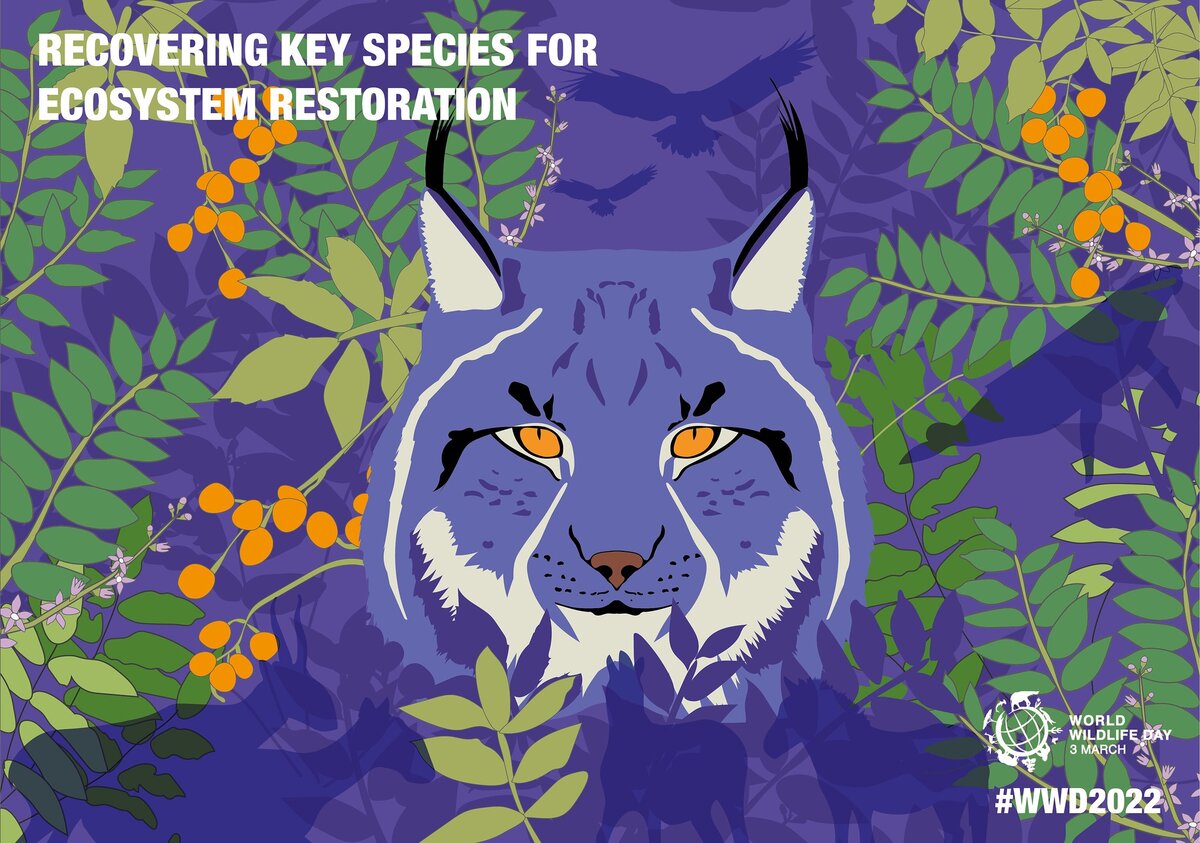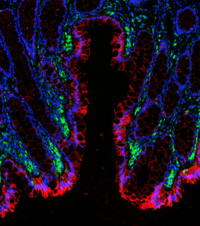World Wildlife Day
A rapidly changing landscape for flora and fauna means scientists worldwide are moving to adopt advanced genomics tools.

March 3 is World Wildlife Day, a United Nations International day to celebrate wild animals and plants and the contribution they make to our lives and the health of the planet. This year, the theme is Partnerships for Wildlife Conservation, with a focus on both marine life and the effort of funding conservation efforts.
Global population growth, climate change and swift urbanization all contribute to a rapidly changing landscape for flora and fauna. To improve productivity with environmentally sustainable practices, scientists worldwide are moving to adopt advanced genomics tools to guide production of agriculture products. Standard BioTools™ is proud to offer high-throughput and automated solutions for PCR and NGS workflows utilized in plant and animal research, such as our new X9™ System, a versatile microfluidics-based benchtop platform that delivers thousands of nanoliter-scale reactions in a single run.
Here are a few publications that showcase the use of our powerful tools and technology.
In a microorganisms article, Delannoy et al. aimed to provide new insights into antimicrobial resistance genes and mobile genetic elements in seafood and the marine environment. An innovative high-throughput real-time PCR screen was developed using a Biomark™ system and 96.96 Dynamic Array™ integrated fluidic circuits to investigate the presence of 41 resistance genes and 33 genetic elements including plasmid replicons, integrons and insertion sequences in Gram-negative bacteria. The team noted that “this unique and original high throughput micro-array … could be easily implementable for monitoring antimicrobial resistance gene markers in diverse contexts.”
Stronen et al. investigated how wolves in southern Europe are affected by human-induced hybridization, which is a global conservation concern across taxa. In a Nature publication, the team used microfluidics-based SNP Type™ assays to distinguish Iberian, Italian and Dinaric wolves from domestic dogs and golden jackals and identify their first two hybrid generations. By separating natural population admixture from inter-specific hybridization, their panel will be able to help advance evolutionary research, monitoring and timely conservation management.
A Scientific Reports article by Gostel et al. introduces MEBarcoding, a new method that can be used for plant DNA barcoding, which is a valuable tool to support species identification with broad applications from traditional taxonomy, ecology and environmental science. MEBarcoding uses Access Array™ to simultaneously amplify targeted regions for 48 DNA samples and hundreds of PCR primer pairs during a single thermal cycling protocol. The team’s results show the technique is an efficient alternative to traditional PCR and Sanger sequencing to generate large amounts of plant DNA barcodes and build comprehensive barcode databases.

Check out other blog posts
Four single-cell analysis technologies go head-to-head
The rise of the spatial omics market is demonstrated by the variety of available platforms, which provide different kinds of information and use different samples, such as suspension, bulk, RNA or protein.
Unless explicitly and expressly stated otherwise, all products are provided for Research Use Only, not for use in diagnostic procedures. Find more information here.



